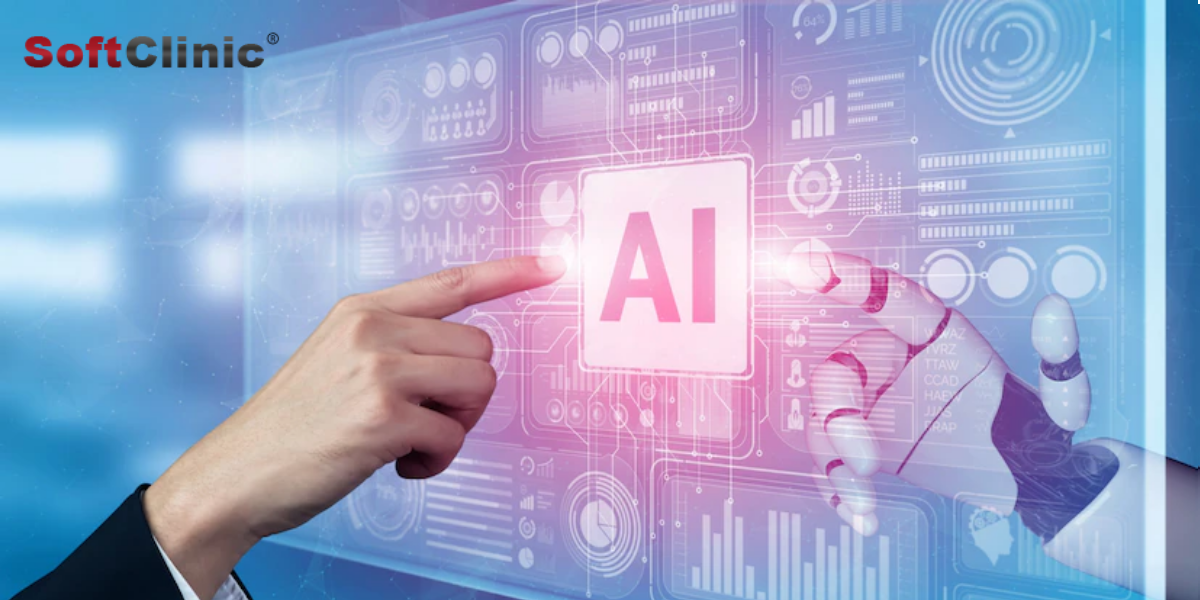6 Ways How AI Is Transforming the Healthcare Facilities for Better
June 23, 2022With recent advances, Artificial Intelligence is revolutionizing all industries, including healthcare. With the integration of AI in systems, doctors can diagnose diseases better and provide excellent treatment.
Artificial Intelligence is getting better at what humans can do, and its application in healthcare is limitless. Below are six ways in which AI is helping healthcare facilities to do more.
1. Early and Accurate Diagnosis of Diseases
With the help of AI, the tools can assess a patient’s historical and present data more accurately and give new insights. This way, medical professionals can evaluate a patient’s condition and diagnose the disease with precision.
Moreover, AI-driven tools in healthcare can help detect the onset of any potential health condition that a patient may get in the future. With this, medical practitioners can help patients prepare (or even evade a disease) by suggesting a practicable course of action or (and) treatment.
2. Surgery Assistance
Artificial Intelligence can help surgeons perform complex surgery with 100% accuracy. With the help of machine learning, AI can be coupled with robotics to create AI surgical systems.
These systems can help surgeons perform complex surgery effectively and reduce the associated risks like side effects, infections, and blood loss. Also, the post-surgery recovery is faster as the surgery is executed with the tiniest movements.
3. Excellent Decision Making
In healthcare facilities, a faster diagnosis of a patient’s condition can be a life saver, which can be achieved with AI. Implementing Artificial intelligence in the healthcare processes can reduce the time and resources spent on diagnosing a patient.
Machine learning algorithms can give insights into a patient’s condition that can help doctors work faster and efficiently. AI-integrated workflows can automate manual processes and eliminate diagnostic errors.
4. Healthcare For Everyone
As per WHO, improper or zero healthcare accessibility accounts for the 18.1-year gap in life expectancy recorded between the world’s wealthiest and poorest nations. One of the primary reasons for this is the lack of healthcare professionals and equipment.
This gap is being filled with AI-based digital infrastructure. This infrastructure allows local and international healthcare organizations to come together and provide necessary help to the patients, thus creating a working healthcare ecosystem. With AI, healthcare can be made accessible to everyone on the planet.
5. Performance Optimization
Health systems are complexly interconnected systems and processes. It makes it difficult to increase the system’s productivity and save costs. But, with the integration of Artificial Intelligence, healthcare systems can be optimized.
Volumes of data can be transferred swiftly to gain insights into system optimization and service improvement. It can speed up the processes and save time and money. One practical use of AI optimization can result in a low waiting time for patients.
6. Better Management
Like any other organization, the proper functioning of a healthcare clinic or hospital is highly dependent on management. With volumes of data to analyze at hand, AI can fill the loopholes, automate tasks, prevent care gaps, and improve the process.
In short, AI can help overcome existing challenges in managing the healthcare sector. One way to improve a healthcare organization’s functioning is to get hospital management software like Softclinic.
Softclinic is one of the preferred hospital management software that’ll help digitalize the healthcare facility. The software offers quick and easy solutions with patient management, laboratory management, and e-prescribing. Below are some of features of this software:
- Advance Data Analytics
- Secure Digital Reporting
- Integration with Bioinformatics Systems
- Digitized Equipment
- Interfacing Digital Appointment System
Conclusion
With an increasing volume of patient data coupled with healthcare industry challenges, there is an emerging need for technology that can improve the healthcare ecosystem and meet its requirements. The application of Artificial Intelligence has been documented in improving the quality and efficiency of healthcare systems and bringing new insights. With the potential of what power AI holds, it is inevitable that it’ll solve healthcare challenges and revolutionize this sector in the coming future.
